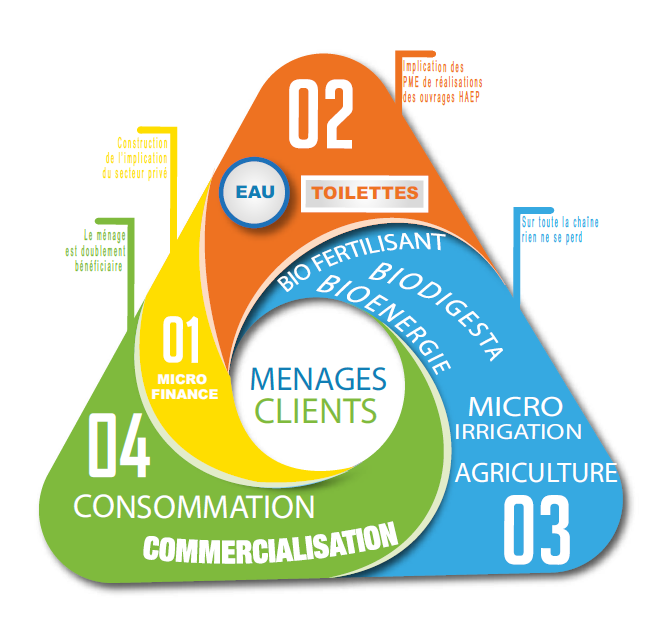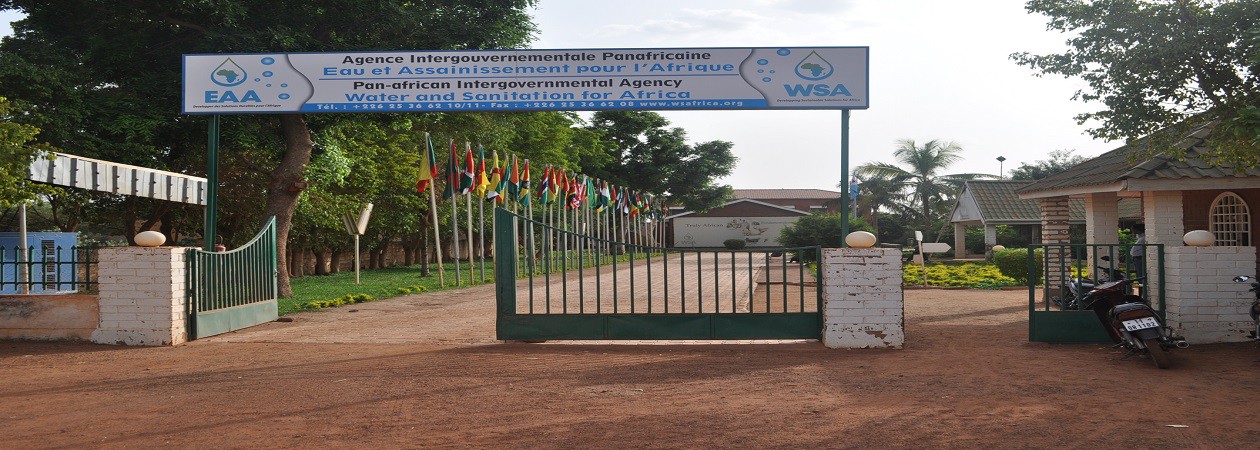Despite efforts made by Governments to achieve the MDGs by 2015, recent statistics on access to sustainable sanitation and drinking water services are of concern.
Taking a look at the numbers, the 2015 Joint Monitoring Program (JMP) reveals that more than 650 million Sub-Saharan Africans do not have access to decent sanitation in urban and rural areas; more than 300 million have no access to drinking water. Municipal solid waste is collected at hardly more than 50%. The investment required to promote universal access to basic services is abysmal and international public funding have so far not been able to meet the challenge let alone domestic funding. In addition, these people are also faced with energy shortage issues and soil infertility leading to food insecurity. Where do we go from here?
For the Pan African Intergovernmental Agency, Water and Sanitation for Africa, WSA, the solution lies in building the private sector involvement and has made it its operational vision. WSA (formerly CREPA) relied on its 27 years of consolidated experience based on scientific and technological research in the African context to develop this new vision. Research results which demonstrated that waste can be transformed into organic amendments and in bioenergy. In other words, the natural environment will no longer be the landfill for insufficiently treated raw waste. The organic fractions of waste are substrates for bio-fertilizers and bio-energy production: agriculture and energy will be the end destination for most of the waste.
Thus, based on tried and tested results of experts in country offices, WSA has operationalized the new productive sanitation concept which involves systematic research to add a socio-economic value to the sanitation chain from pre-collection to collection and treatment process of solid and liquid human-waste. This quest for "productivity" in sanitation is the basic argument motivating the involvement of banks and the private sector in the investment to offer effective and sustainable sanitation services in urban, peri urban and rural areas in Africa. Generally, the WASH sector, in conjunction with Agriculture and Energy, can drain private funds for sustainable development of sanitation in urban, peri-urban and rural areas.
How do we get there?
It is not about reinventing the wheel but about creating a favorable business environment to attract local private investors. More specifically, it will involve:
$· finding a suitable scale to achieve a critical mass of profitability such that a consultation of stakeholders is established; and tax incentives, institutional and legal arrangements measures are taken: therefore providing institutional and social guarantees;
$· relying on a suitable technological approach based on the integration of WASH, agriculture and energy: with the perspective of providing technical guarantee;
$· establishing a guarantee fund which is the main element of enabling innovative financing mechanisms for banks, microfinance institutions, private companies and household/clients.
These three strategic areas are clearly consistent with the new approach being proposed by financial partners since the Addis Ababa declaration in July 2015. Based on their proposal, initial funds should be used to raise additional domestic funds from local banks and States and thereby generate sufficient funds for sustainable WASH services.



